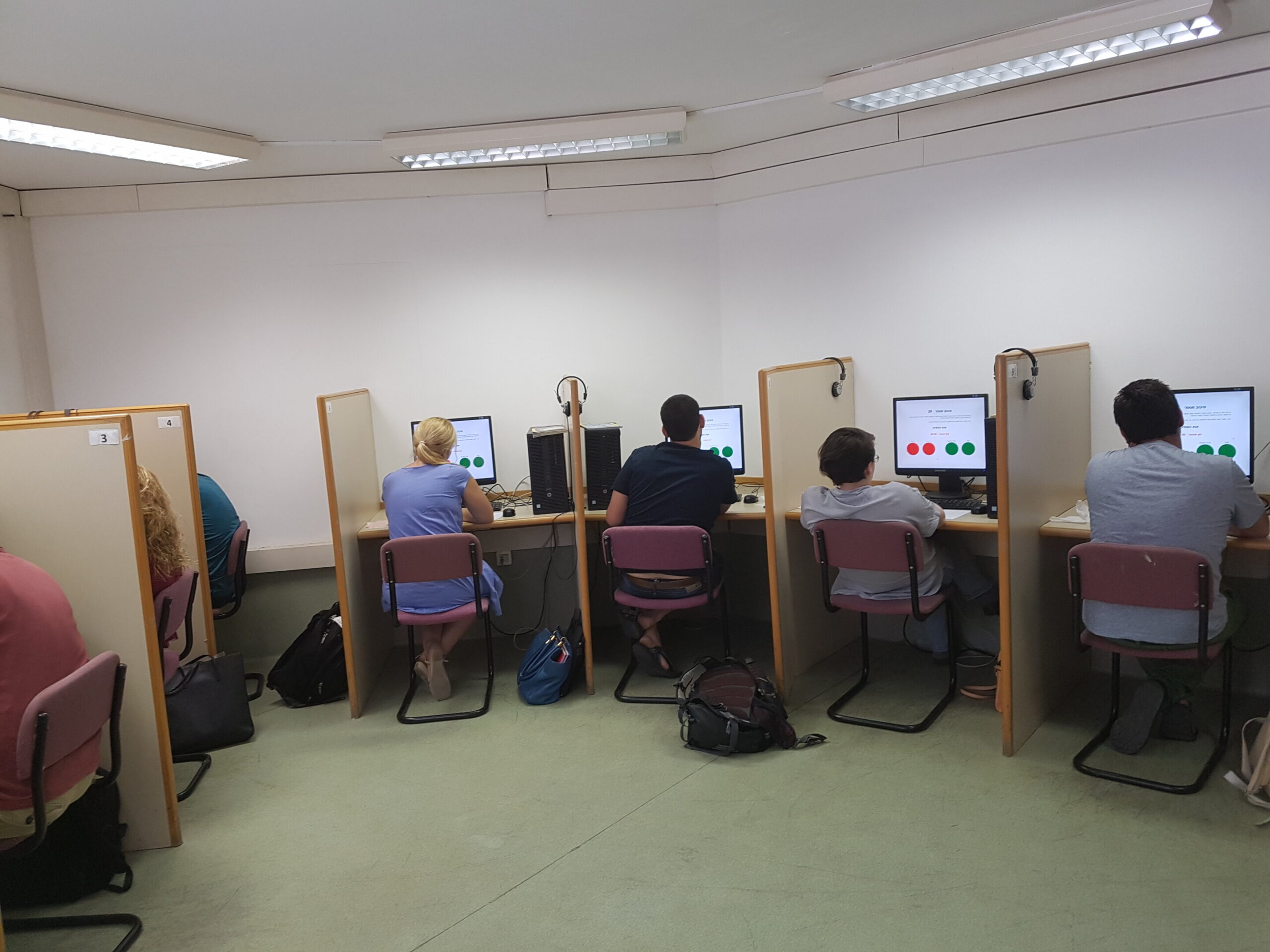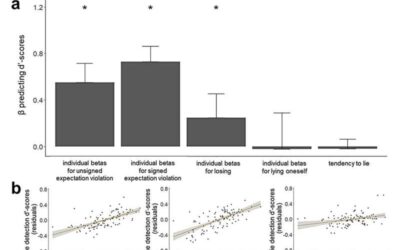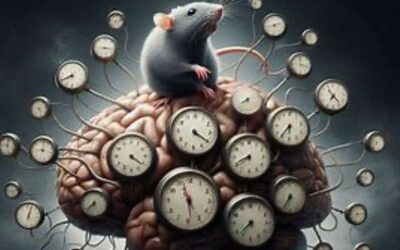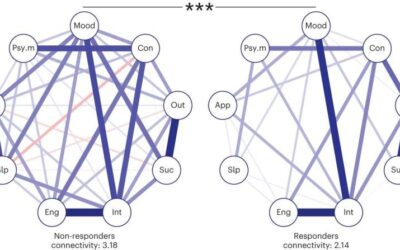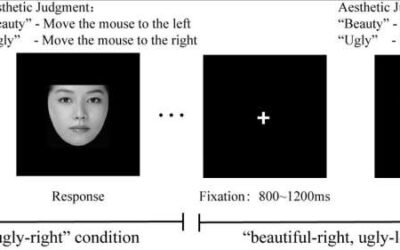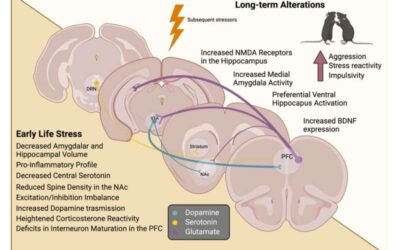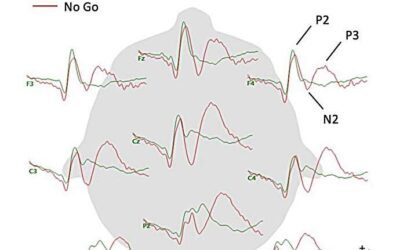Over the past decades, a growing number of people have migrated to urban areas, while the size and population of rural areas have drastically declined. While parks and other green spaces are often viewed as beneficial for the well-being of those living in cities and...
Psychology & Psychiatry
Exploring how oxytocin interacts with testosterone while humans play a game modeling intergroup conflict
Over the past decades, numerous studies have investigated the neural and cognitive processes underpinning intergroup conflict, as this could help to explain what fuels belligerent behavior, political clashes, and wars. While these works gathered some interesting...
Exploring the factors that influence people’s ability to detect lies online
The internet has given rise to new forms of deceit and misinformation, including phishing attacks, romance scams and fake news. While many psychological studies have investigated the factors that influence people's ability to tell if others are lying in person, lie...
Study offers insights into neural mechanisms involved in progression from aggressive motivation to action
The social behaviors of humans and animals often unfold over two distinct phases, namely a motivational and an action phase. The first of these phases entails instinctual and reward-seeking mental states, characterized by sexual or aggressive drives to perform...
Dopamine fluctuations in distinct brain subregions predict rewards over a range of time-scales
Previous neuroscience studies suggest that transient increases in brain dopamine are critical signals for learning about reward, and the motivation to obtain more rewards. Researchers at University of California San Francisco carried out a study exploring transient...
Network analysis highlights the key role of plasticity in the transition from depression to mental health
Surveys and statistics suggest that mental illnesses are becoming increasingly widespread, as the number of people worldwide accessing mental health services has increased in recent years. Understanding the factors that can predict well-being and contribute to the...
Is hypnotizability related to risk-taking behavior?
In their daily lives, humans can encounter many situations that can put them at a varying degree of risk, or in other words, situations in which their choices can increase or decrease the possibility that an adverse event will occur. In these situations, different...
Exploring the link between aesthetic judgments and ‘screen swiping’ hand movements
Humans commonly evaluate the beauty of other humans, as well as objects, places, natural landscapes, and even animals. The innate human tendency to make aesthetic judgments has been the topic of numerous psychological studies, yet its neural and cognitive...
Exploring the link between early life stress and maladaptive behavior across species
Adverse early experiences, such as parental neglect, abuse, the death of a loved one, or other traumatic events, are known to influence how humans will behave as adults. For instance, studies have found that victims of childhood abuse are at a higher risk of...
Study suggests that the neural correlates of mind-wandering can vary across different tasks
When humans are completing a specific task, their minds can shift from what they are doing to their own internal thoughts. This shift of attention from a task to internal events, known as off-task thinking or mind-wandering, is well-documented and has been studied...


